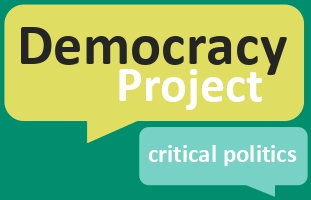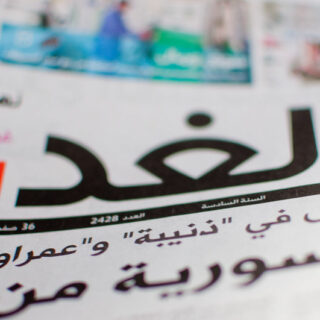Is it time for Jacinda Ardern to head to the Middle East?
In her victorious election campaign in 2017, Jacinda Ardern famously called climate change ‘my generation’s nuclear-free moment’. But perhaps surprisingly, Ardern has not attended a UN climate change conference since she became New Zealand’s Prime Minister in 2017. Had New Zealand’s Covid-19 situation allowed for it, Ardern would have almost certainly joined the many other world leaders who went to COP26 in Glasgow last year. At the time, New Zealand still had strict border restrictions in place. These included long waiting lists for hotel quarantine spaces upon return – which made overseas travel by Ardern politically unpalatable. Ardern dispatched her...

